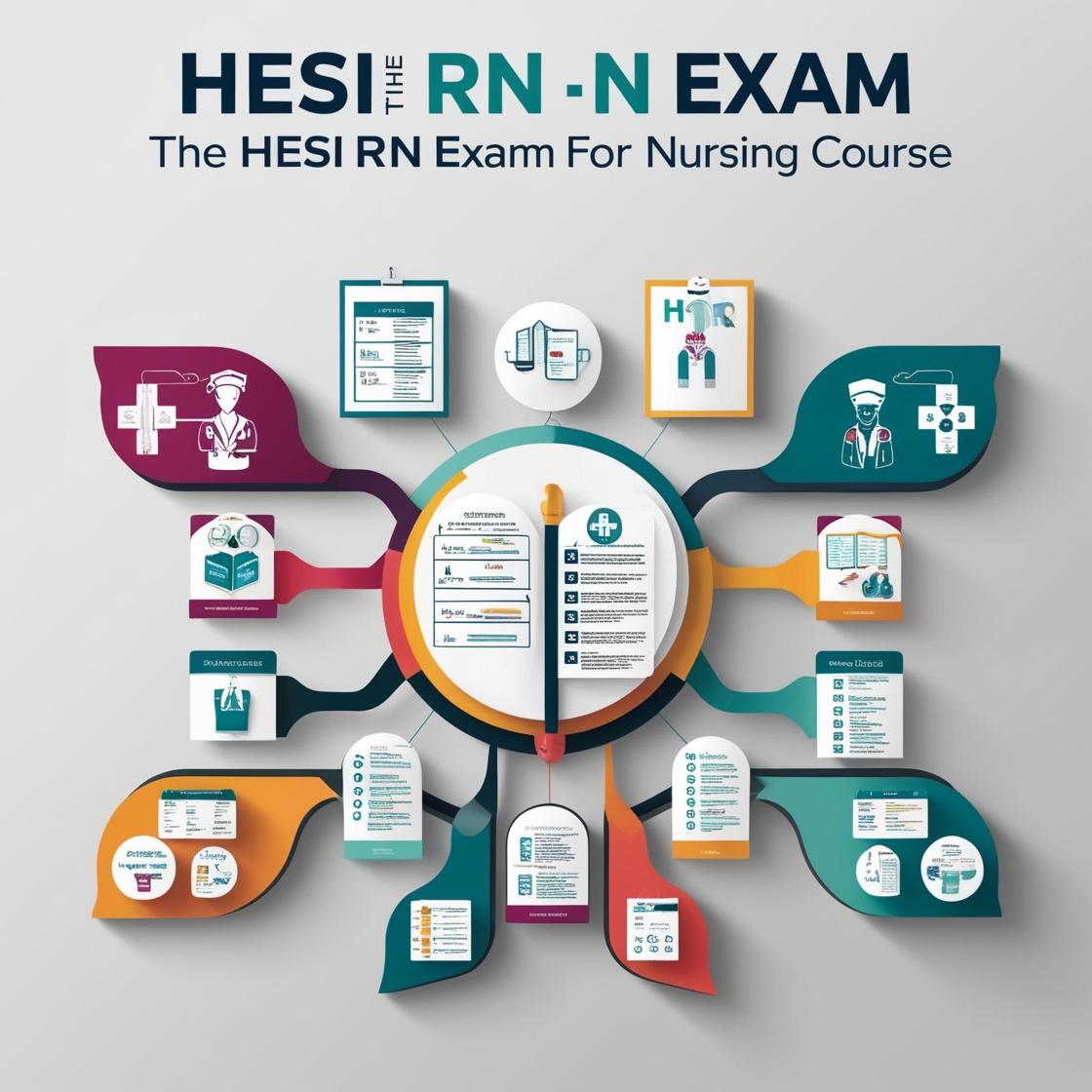HESI RN
Reproductive Health Exam
1. Why is abortion important?
- A. It is easily conducted
- B. It can easily be diagnosed
- C. It causes serious complications such as infections and maternal death
- D. All of the above
Correct answer: C
Rationale: Abortion is important due to the serious complications it can cause, such as infections and maternal death. Choices A and B are incorrect because ease of conducting or diagnosing abortion procedures does not inherently make abortion important. Choice D is incorrect because not all the options listed are reasons why abortion is important; only choice C highlights the critical aspect of potential complications.
2. What is Carboprost used for?
- A. Affects milk production.
- B. Relieve constriction ring.
- C. Management of post-partum haemorrhage.
- D. Induce labor.
Correct answer: C
Rationale: Carboprost is used in the management of post-partum haemorrhage. This medication helps to reduce excessive bleeding after childbirth. Choices A, B, and D are incorrect. Carboprost does not affect milk production, relieve constriction ring, or induce labor.
3. Which of the following are layers of the anterior abdominal wall?
- A. Linear albicantes
- B. Superficial fascia
- C. Visceral peritoneum
- D. Fascia transversalis
Correct answer: A
Rationale: The correct answer is A: Linear albicantes and B: Superficial fascia. Linear albicantes are stretch marks, and the superficial fascia is one of the layers of the anterior abdominal wall. Choices C and D, Visceral peritoneum and Fascia transversalis, respectively, are not layers of the anterior abdominal wall. The visceral peritoneum is a membrane covering the abdominal organs, and the fascia transversalis is a layer deep to the transversus abdominis muscle.
4. The GIFT technique is recommended for which of the following females?
- A. Females who cannot produce an ovum
- B. Females who cannot provide a suitable environment for fertilization
- C. Females who cannot retain the embryo inside the uterus
- D. All of the above
Correct answer: D
Rationale: The correct answer is D, 'All of the above.' The GIFT technique is recommended for females who cannot produce an ovum, provide a suitable environment for fertilization, or retain the embryo inside the uterus. This technique involves transferring the unfertilized eggs and sperm directly into the fallopian tube, bypassing the need for the ovum to travel through the fallopian tube. Choices A, B, and C all represent different scenarios where the GIFT technique would be a suitable option, making option D the correct choice.
5. A menstrual disorder with irregular or continuous bleeding from the uterus is known as:
- A. Menorrhagia
- B. Metrorrhagia
- C. Polymenorrhoea
- D. Epimenorrhoea
Correct answer: B
Rationale: Metrorrhagia is the correct term for irregular or continuous bleeding from the uterus. Menorrhagia refers to heavy menstrual bleeding, not necessarily irregular. Polymenorrhoea is characterized by frequent menstrual periods, while Epimenorrhoea is not a recognized medical term related to menstrual disorders.
Similar Questions

Access More Features
HESI RN Basic
$69.99/ 30 days
- 50,000 Questions with answers
- All HESI courses Coverage
- 30 days access @ $69.99
HESI RN Premium
$149.99/ 90 days
- 50,000 Questions with answers
- All HESI courses Coverage
- 30 days access @ $149.99
